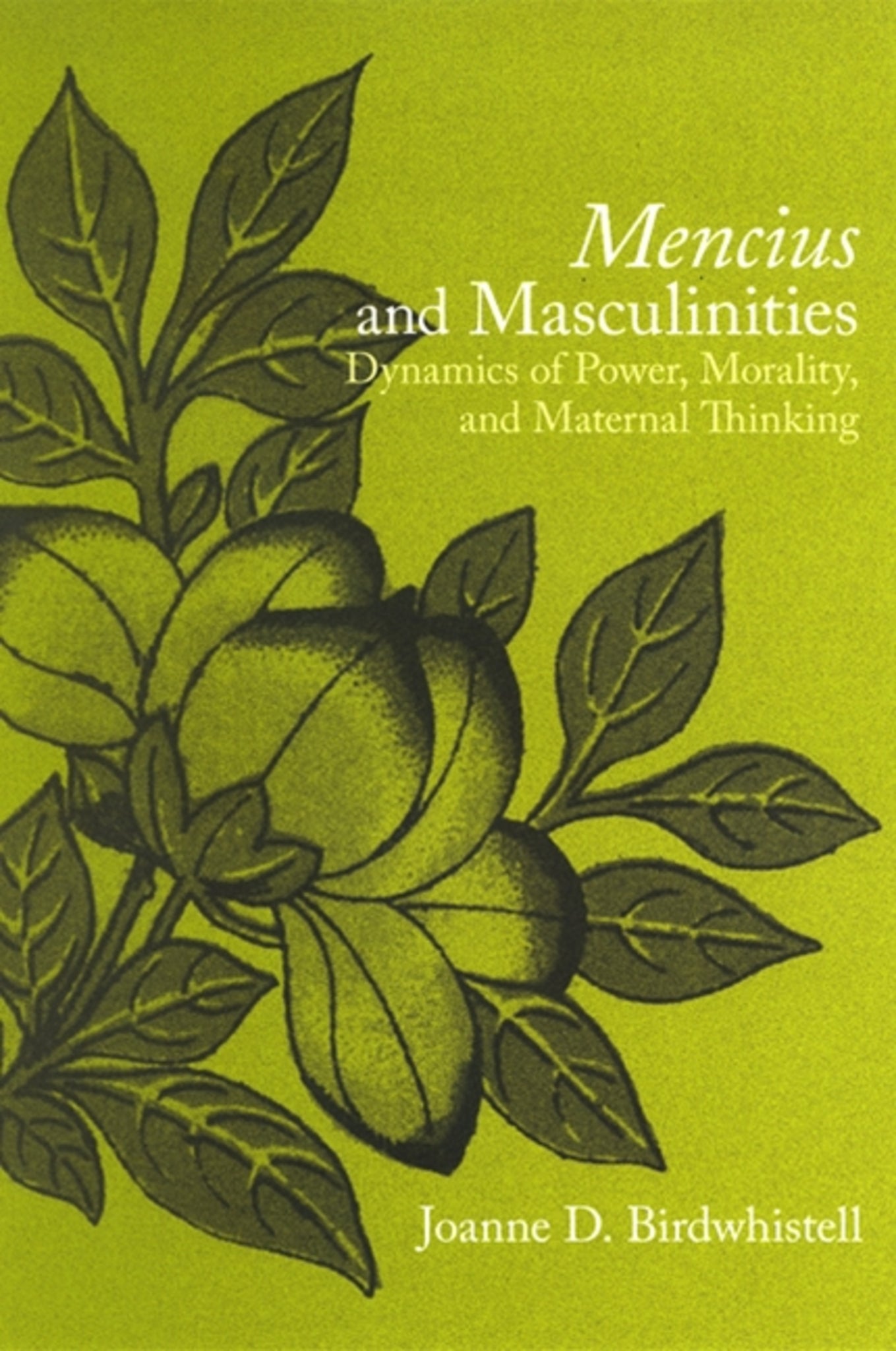We're sorry. An error has occurred
Please cancel or retry.
Mencius and Masculinities

Some error occured while loading the Quick View. Please close the Quick View and try reloading the page.
Couldn't load pickup availability
- Format:
-
05 April 2007

Looks at the Confucian classic Mencius from a feminist perspective and uncovers the "maternal thinking" within the work.
In this innovative work, Joanne D. Birdwhistell presents the first gender analysis of the Mencius, a central text in the Chinese philosophical tradition. Mencian philosophy, particularly its ideas about the processes by which a man could develop into a cultivated gentleman, was important to the political thought of China's long imperial order. Through close textual readings, Birdwhistell offers a new interpretation of core Mencian ideas about the heart and the self-cultivation of the great man. She argues that the concept of masculinity advocated by the Mencius is derived, although without acknowledgment, from maternal practices and thinking-through processes of appropriation, inversion, and transformation. She illustrates that even though maternal practices and thinking are an invisible dimension of Mencian thought, they are constantly present in the text through their transcoding with agricultural practices and thinking.


"…an interesting and multi-layered study of the book of Mencius. Birdwhistell carefully teases out, and then proceeds to examine in some detail, the various elements of the feminine that shape Mencius' philosophical and political views. To date, hers is the most thorough and in-depth treatment of the inherent, but subterranean, feminism in Mencius' views." — Dao
"…most valuable for those who engage in the discourse on care ethics that take maternal thinking as paradigmatic." — Journal of Chinese Religions
"…[a] noteworthy contribution to our understanding of Mencius." — Religious Studies Review
"This is the first serious reading of the Mencius from a feminist perspective, opening up a new dimension in Mencius studies." — Chenyang Li, author of The Tao Encounters the West: Explorations in Comparative Philosophy
Acknowledgments
Introduction
1. Hidden in Plain View: Questions, Issues, and Perspectives
2. Text as Cultural Landscape
3. Against Shen Nong’s Agrarian Masculinity
4. Against King Hui’s Self-centered Masculinity
5. Compassionate Governing: Dynamics, References, and Practices
6. Ruling as Son and Younger Brother
7. Ruling as Father and Mother of the People
8. Mothers, Feelings, and Masculinity
9. Gender, A Continuing Issue
Notes
Bibliography
Index



